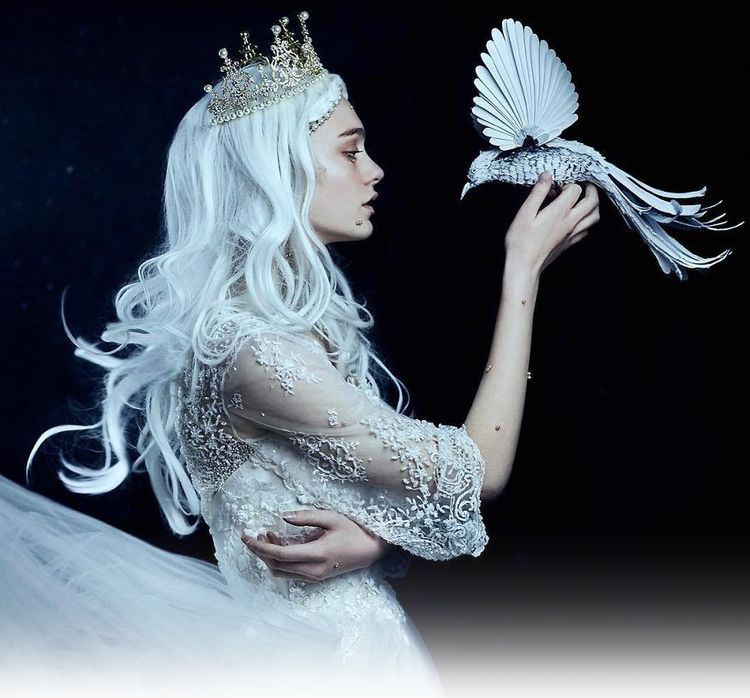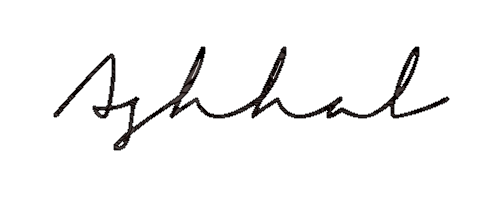
+- Beqanna (https://beqanna.com/forum)
+-- Forum: Explore (https://beqanna.com/forum/forumdisplay.php?fid=1)
+--- Forum: The Common Lands (https://beqanna.com/forum/forumdisplay.php?fid=72)
+---- Forum: Forest (https://beqanna.com/forum/forumdisplay.php?fid=73)
+---- Thread: [private] I just wanted to be found, ashhal (/showthread.php?tid=30409)
RE: I just wanted to be found, ashhal - Casimira - 02-21-2022

CASIMIRA
dragon-shifting daughter of ashhal and ryatah
@Ashhal
RE: I just wanted to be found, ashhal - Ashhal - 02-23-2022

I tried to sell my soul last night
Funny, he wouldn't even take a bite
He still doesn’t know why she had ever cared at all. There is nothing redeeming about him, nothing inside him to love. And yet Ryatah had tried anyway. That is what had always made the least sense to him, why he had resisted any kind of return feeling until it was far too late. Because he had known even then he could never hold it. There had never been enough inside him to hold someone as infinitely full of caring as she had been.
He had been stupid to imagine even for the barest moment in time that he could.
If he were a better man, he would at least explain to this mare (his daughter, no matter how loath he is to admit it) why he had never claimed any of his children. But it is that very fact - the one that he is not a better man - that keeps him from doing it. They had always deserved better than him as a sire, but he could never give it to them. Better that they know from the very start never to count on him. Better that they know from birth he can never be what they need, nevermind what they want.
Ashhal isn’t sure why she tells him she is a queen. He could almost be proud, if he were better. He had never expected anything sprung from his loins to amount to much. Not when they had his blood in their veins to drag them down. But whatever surprise or pride he might have felt is swiftly snuffed out by decades of jaded denial.
“Am I supposed to give you a fucking congratulations?” he bites out, eyes darkening. He stares at her, but he doesn’t retreat. He has spent so long rejecting all ties, driving away anyone that might threaten the blackened truth of him, that it has become too easy to fall back on. He would rather be a heartless coward than a broken shell of a man. Her invitation surprised him, but the temptation to accept surprises him even more. But after he forces his next words from his mouth on a sneer, he has little doubt she would regret it. “If you want to see me after today, you’re as much a masochist as you goddamned mother.”

@Casimira